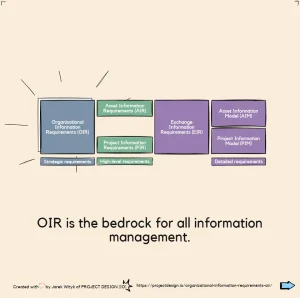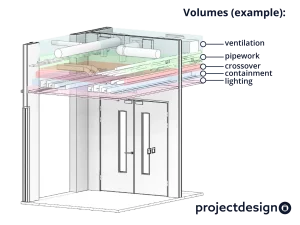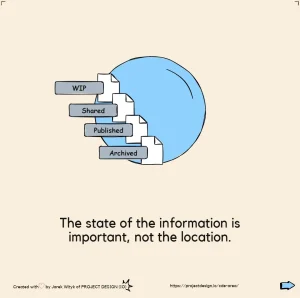Revit Guides
Data Management
ELI5
Industry Foundation Classes (IFC)
conceptual data schema and exchange file format for building information modelling (BIM) data BS EN ISO 23387:2020 In general, IFC, or “Industry Foundation Classes”, is a standardized, digital description of
data dictionary
centralized repository of information about data such as meaning, relationships to other data, origin, usage and formatNote 1 to entry: The definition is from IBM Dictionary of Computing BS EN
buildingSMART Data Dictionary
PD 19650‑0:2019 In short, the BuildingSMART Data Dictionary is a library for everything to do with the building. NumberName is an int key and string value that can be stored
Unified Modelling Language (UML)
language to provide system (3.13) architects, software engineers, and software developers with toolsfor analysis, design, and implementation of software-based systems as well as for modelling businessand similar processesNote 1 to
IDM standard
BS EN ISO 29481-1 Building information models – Information delivery manual (IDM) PD ISO/TS 12911:201
Information Maturity
a current state of development of an organisation to utilise information in an advanced strategic manner to increase productivity, measured against an assumed optimal state
Permitted Purpose
A submittal state defining the intent or suitability. Permitted Purpose means any purpose related to the Works (and/or (without limitation) the construction, refurbishment, extension, operation, management and/or maintenance of the
BIMwash
The term BIMwash is derived from Whitewash, “a cheap white paint or coating of chalked lime used to quickly give a uniform clean appearance to a wide variety of surfaces”. Metaphorically, to
Point of Adoption
a moment in time where an organisation’s readiness, change into organisational capability/maturity Macro-BIM adoption: Conceptual structures Bilal Succar Mohamad Kassem Tweet The Point of Adoption (PoA) is not to be
Gross Internal Area (GIA)
The total area of buildings owned, occupied, or maintained, measured to the internal face of the perimeter walls at each floor level, is referred to as GIA (i.e. the footprint
vulnerability
weakness that can be exploited to cause harm [cited from ISO 19650-5:2020(en), 3.15]

Organisational maturity
a measure of an organisation’s readiness and capability expressed through its people, workflows, information, technologies and the reliable measurement procedures that are in place [source: Understanding Organizational Maturity

Organisational capability
Potential and expertise suggesting ability. Capability implies an organisation’s capacity to engage in a range of constructive activities Organisational capability is also referred to as organisational competence, although a capability refers to the

Complete information
adjective In Architecture Engineering and Construction (AEC), complete information is information which includes all the necessary and typical parts or elements, lacking nothing. For the information to be deemed complete,
Built Environment
All forms of buildings (residential, industrial, commercial, hospitals, schools), all economic infrastructure (above and below ground) and the urban space and landscape between and around buildings and infrastructure3, as well

Sensitive Information
ELI5-S1 BIM Basics E16_Sensitive Information information, the loss, misuse or modification of which, or unauthorized access to, could:(a) adversely affect the privacy, welfare or safety of an individual or individuals;(b)
Heating, Ventilation and Air-Conditioning (HVAC)
Heating, Ventilation and Air-Conditioning (HVAC). All necessary heating, ventilation air-conditioning and specialty equipment, including air distribution ducts for supply, return, and ventilation and exhaust ducts, including control system, registers, diffusers,
Furniture, Fixtures, Equipment (FFE)
Furniture, Fixtures, Equipment (FFE) a systems furniture layout within an asset

BIM Classification and Standardization Systems
Introduction There are companies in the construction industry which do not favour standardization; these companies benefit from revenue and profits from change orders (variations), inevitably resulting in claims increasing cost








